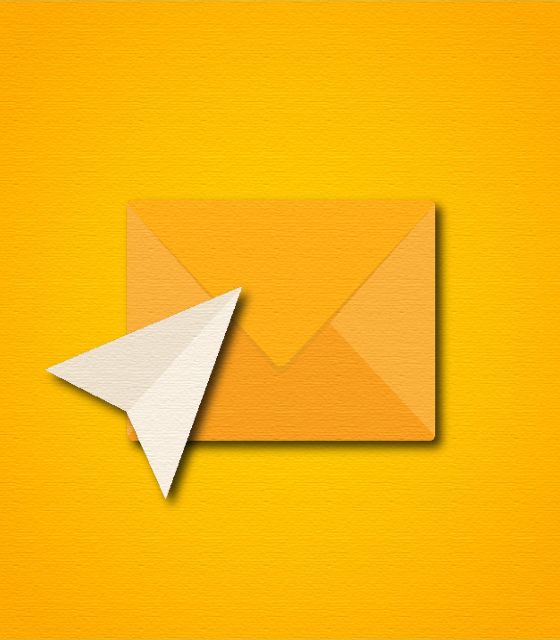Google and Yahoo will update their email policies in February 2024 to reduce spam and improve customers’ experience. But how will this impact email marketers? Will these changes add blockades to your email marketing strategy in 2024?
The short answer is no, as long as you’ve followed email marketing best practices. The organizations the policies impact are the ones who’ve irresponsibly collected or bought email lists, and whose strategies rely on mass emailing rather than strategic, targeted communication.
In its announcement, Google says: “Starting in 2024, we’ll require bulk senders to authenticate their emails, allow for easy unsubscription, and stay under a reported spam threshold.”
When bulk senders don’t securely configure their systems, they are left vulnerable to attackers who can easily target them and their recipients. This is just one reason why Google and Yahoo are keen to implement policies to protect their users.
Another key factor: for many email users, bulk emails are a frustration. By limiting bulk emails and effectively filtering spam, Google and Yahoo can cement themselves as user-friendly. For marketers who rely on bulk emailing, it may pose challenges.
Regarding security, Google states that their new policy will help validate “that a sender is who they claim to be.” This should come as no surprise; email marketers with above-board practices have nothing to worry about on this front.
Google also now requires that emails sent to Gmail addresses have some form of authentication. Since these requirements were implemented in 2023, Google’s seen unauthenticated messages drop by 75% – helping to declutter inboxes and block scammers.
Decluttered inboxes are great news for email marketers. With less spam floating around, qualified subscribers are more likely to see, open, and read the messages they receive. Google’s new policy hopes to improve upon this, blocking even more unwanted emails from reaching their users.
How will Google and Yahoo’s changes impact email marketers?
Marketers who send less than 5000 emails a day will have an easier time following Google and Yahoo’s new policies, but there are still several requirements they need to pay attention to. Many of these items are already best practices.
Email marketers should do the following to ensure their emails always reach their subscribers:
- Utilize Sender Policy Framework (SPF) and Domain Keys Identified Mail (DKIM) authentication.
- Have a One-Click unsubscribe option for all recipients.
- Maintain a low spam rate.
SPF and DKIM authentication is crucial for validating email sources. SPF validates that emails come from an authorized domain, which helps ensure that they won’t end up in the spam box. DKIM adds a digital signature, helping to ensure the integrity of the content and authenticate the sender.
One-click unsubscribe buttons have been mandatory on mass emails for years, also known as RFC 8058 headers. By remaining compliant with this legislation, marketers ensure their emails continue to hit their recipient’s inboxes.
Finally, by maintaining a low spam rate, marketers maintain a healthy relationship with Google and Yahoo and with their recipients. Google recommends that spam rates stay between 0.1 and 0.3%.
For larger, bulk senders who send more than 5000 emails a day, additional measures are needed. These include:
- Create a DMARC record. Google and Yahoo will now require that large bulk senders have a DMARC record with an enforcement policy of ‘p=none.’
- Provide DKIM-Signed unsubscribe URLs and tracking links. Under new policies, marketers must ensure that their unsubscribe and tracking links and DKIM are signed.
- Prepare for increased email deferrals. With the new policies, there will be more email deferrals for Gmail and Yahoo accounts. Anticipating this increase will help marketers react quickly and effectively.
- Create separate email channels. By using multiple subdomains for different types of emails, marketers can more effectively filter by email services and keep their spam rates down.
Email marketers with complaint strategies will have very little friction, if any, in adapting to Google and Yahoo’s new email policies.
Email marketing’s future is one of quality over quantity – a future grounded in meaningful engagement that puts the security and privacy of recipients over the desire to hit as many inboxes as possible. Marketing as a whole is placing greater emphasis on consumer consent and privacy and these policy changes play their part in building a more secure digital future.

Learn how illumin unlocks the power of journey advertising
To see more from illumin, be sure to follow us on X and LinkedIn where we share interesting news and insights from the worlds of ad tech and advertising.





